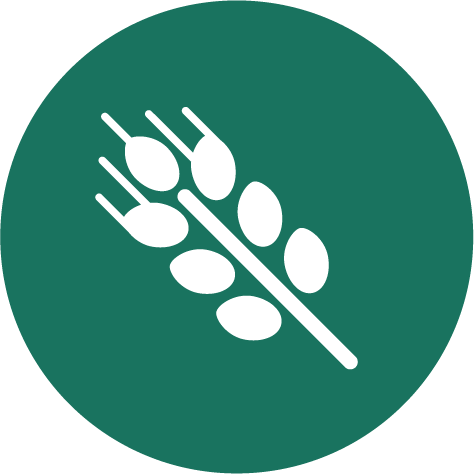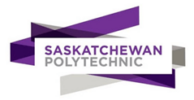 Agriculture & Agri-Food
Agriculture & Agri-Food Online at your own pace
Online at your own pace Fall Term
Fall Term Winter Term
Winter Term Less than $500
Less than $500 English
English
Precision farming is a management concept that observes, measures, and responds to field variability in crops. To do this, precision farming uses the latest techniques and technologies to address the carbon footprint, clean technologies, and the environmental impact of farming. With the use of technology and the Internet of Things (IoT), the farmer can make decisions regarding practices such as land management, maintenance schedules, seeding, and others by using real-time data. The effect is a reduction in the use of sprays, fertilizers, carbon emissions, and the reduction of greenhouse gases. This microcredential investigates current legal status covering equipment owner access to data, provides descriptions of the types of analysis available and how to use it, and explores how the data from ‘smart’ equipment combined with analysis can be used to make future decisions to increase productivity, decrease emissions, reduce the carbon footprint, and to inform farming practices. There are eight microcredentials within the Precision Farming series and they can be taken in any order or on their own.
The ideal learner will be looking to adopt sustainable farming practices and already be employed in the farming industry, either as an employee or owner. It is expected that the learner will have at least basic digital skills. The learners will complete the modules at their own pace. Therefore, this microcredential has been developed fully online.
Learning Outcomes
Assessment
Precision farming practices using the latest techniques and technologies address various aspects of carbon footprint and clean technologies. For example, using data of field conditions and states of weed growth, latest sprayer technology can target spray weeds without carpet-spraying the entire field. By analyzing growth and temporal soil conditions, such as moisture content, and soil nutrient levels, targeted fertilizing can reduce overall fertilizer use thereby reducing greenhouse gas emissions. It is well known that much of the applied fertilizer runs off into waterways, or is broken down by microbes in the soil, releasing the potent greenhouse gas nitrous oxide into the atmosphere. By only targeting the field locations that require the fertilizer and applying only what is needed in those areas, the greenhouse threat is reduced. An understanding of how smart equipment can assist with the reduction of greenhouse gases, not only regarding fertilizer application but also pesticide use and seeding practices, is vital:
 Fall Term
Fall Term Winter Term
Winter Term